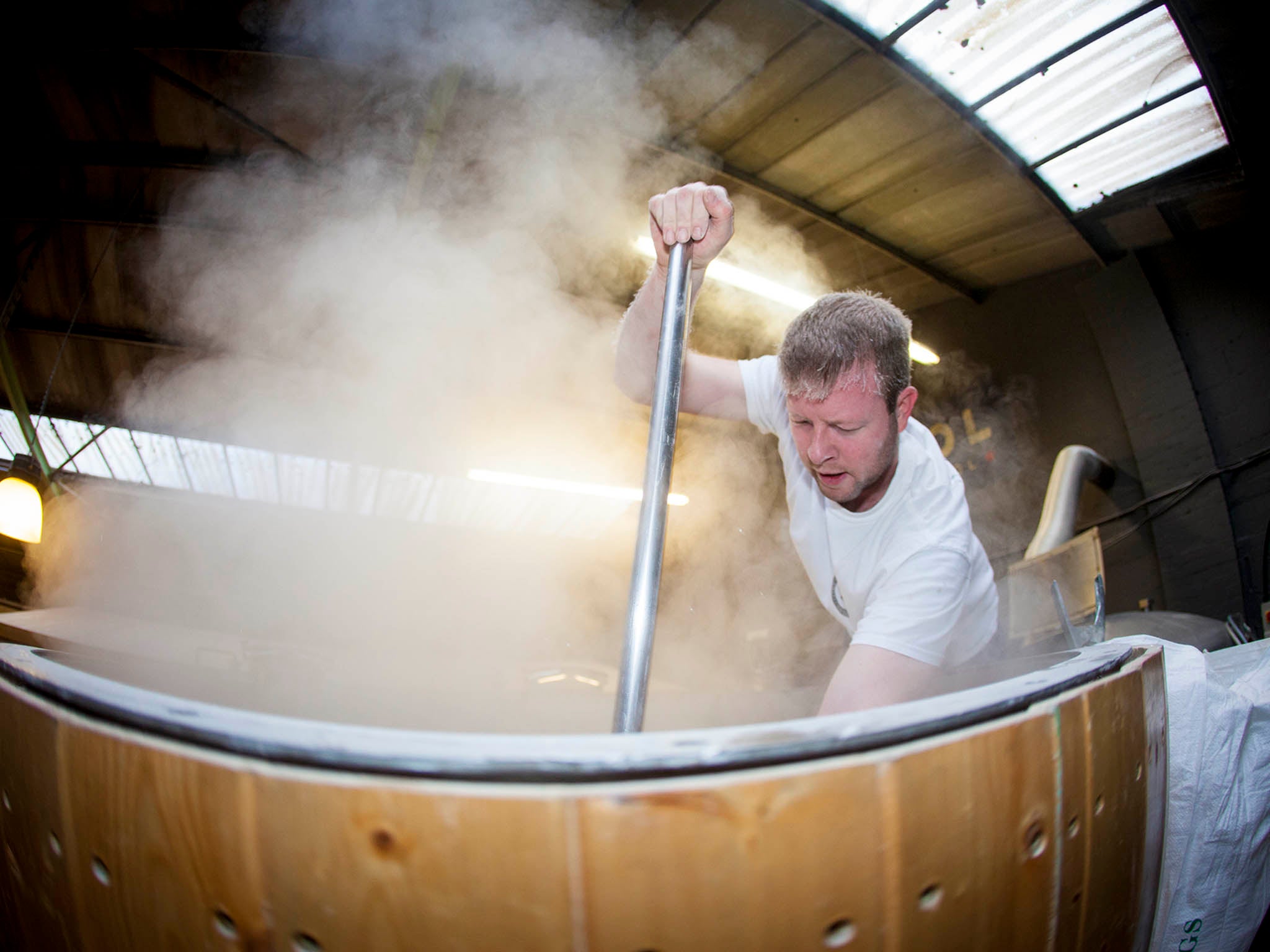Mea Culpa: trouble brewing on the Nigel Farage front
Questions of style and usage in this week’s Independent


Very sad to hear about Nigel Farage. Nothing’s happened to him, I’m just sad to hear about him.” I am reminded of this comment of Moose Allain’s quite often these days. It is particularly pointed for me, because I predicted in public in 2014 that “in five years’ time we will have forgotten who Nigel Farage was”.
So I am specially sorry that he is now back in the news. Early this week there was speculation that he might even stand as a candidate in the Peterborough by-election. One of our columnists wrote that, if he were finally elected to parliament after seven unsuccessful attempts, “he’d be in prime position to ferment that sense of betrayal from the backbenches”.
Thanks to Paul Edwards for pointing out this confusion between words that sound the same and whose meanings are similar. “Foment” means to stir up, whereas “ferment” is a process involving yeast, producing heat or effervescence. Foment is pretty archaic, and is gradually being replaced by the more familiar metaphor of brewing.
The two words come from similar but distinct Latin words: fervere, “to boil”; and fovere “to heat, cherish”. So it probably doesn’t matter if the less common spelling is eased out.
Although it would rob John McDonnell, the shadow chancellor, of the point of his Who’s Who entry. Under “recreations” he lists “fermenting the overthrow of capitalism”. When Philip Hammond made fun of him for not knowing the difference, McDonnell was indignant: “He doesn’t get a joke does he really? I actually put fermenting, which is a brewing joke. And he doesn’t even get a joke. He hasn’t got much of a sense of humour I’m afraid.”
Evil spirits: Another pair of similar words caught us out in a report of the Chelsea-Frankfurt football match. We said: “Arrizabalaga also shone, exercising his demons from Wembley.” That has been changed to “exorcising” after Philip Nalpanis wrote in about it. Exorcism is what you used to do with demons – casting them out – although the practice is frowned on by the modern church.
Again, it is not a word much used in normal conversation, so you can see why it is mixed up with a common word, conjuring up the image of unfit devils that need to be taken for a brisk run every day.
Evasive action: In a story about how the Dutch tourist board is going to stop promoting the Netherlands to tourists, we said: “The country’s tourist numbers are anticipated to grow from 19 million now to 29 million over the next decade.”
As Lloyd Bracey wrote to point out, “anticipate” used to mean “take care of ahead of time”. To anticipate something is to take evasive action or to prepare before it happens. We could have said, for example, that the tourist board was launching an advertising campaign saying, “The Netherlands is flat and boring: go somewhere more interesting”, in anticipation of rising numbers of visitors over the next decade.
As it was, we could just have said the numbers are “expected” to grow.
Join our commenting forum
Join thought-provoking conversations, follow other Independent readers and see their replies
Comments
Bookmark popover
Removed from bookmarks